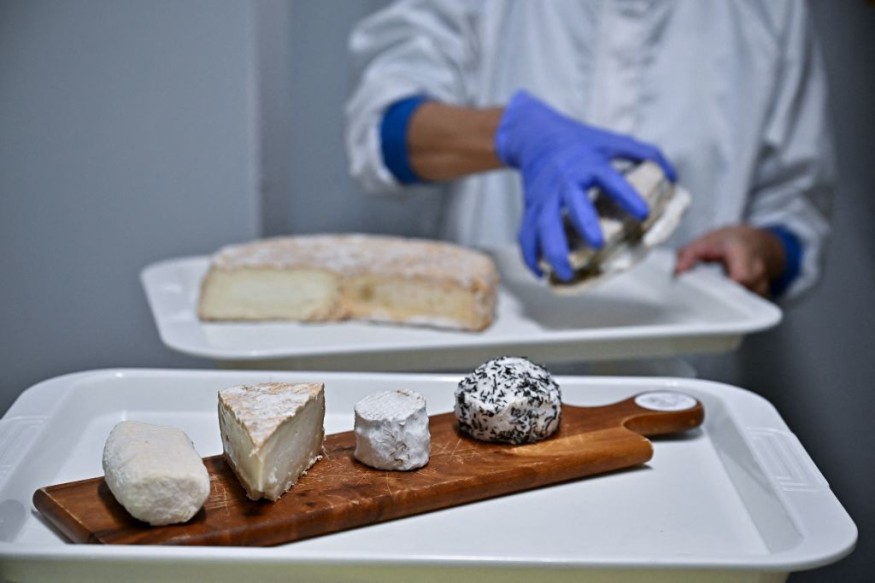
Science explains why stinky cheese smells the way it does and explores whether or not it is harmful to human health.
What is Stinky Cheese and Why Does it Smell Like So?
Although many cheeses may contain a hint of pungency, the washed-rind family tops the list of the most pungent cheeses. The rinds of these cheeses are rinsed during the maturing process with anything from wine, beer, brine to brandy, or even pear cider, which helps to prevent mold growth and promote the development of good bacteria.
The bacteria that gives the rind its flavor is called Brevibacterium linens.
Although it just so happens that B. linens is the same bacteria that makes feet stink, it doesn't necessarily mean cheese would have the same flavor.
Thankfully, while some of the pungent flavor does seep into the cheese itself, most of it stays on the rind, leaving a soft-ripened or semi-firm cheese within that typically has a gentler flavor than a pair of fetid feet.
Probiotics Like It Sour
So-called probiotics, living bacteria, and fungi are all present in cheese. The Latin prefix pro, meaning "for," and the Greek prefix bios, meaning "life," make up the word. So, "for life" is what probiotics mean. Among the beneficial organisms in the intestinal flora are probiotic bacteria and fungi.
There are 400 different species of probiotics in a healthy intestine, with lactic acid bacteria being the most prevalent. They possess a pretty nice home. They can withstand the strong stomach acid because they want it sour. This implies that fresh lactic acid bacteria can constantly be acquired through food. people maintain the balance of their intestinal flora in this way.
Immune System, Gut Health, Slimming
Cheese serves as an excellent protein source, featuring a specialized protein named casein, abundant in essential amino acids crucial for protein synthesis and easy digestion. Alpha casein, a prominent cheese protein, offers health perks, including blood pressure regulation and enhanced mineral absorption from the gut.
Renowned for its calcium content, cheese significantly supports bone health and combats diseases like osteoporosis, making it a staple in weight loss regimens. Furthermore, cheese contributes to heart health by reducing hypertension risk, a key factor in heart disease.
Enriched with B12, A, K2 vitamins, zinc, riboflavin, and probiotics, cheese boasts comprehensive nutritional benefits. While cheese fat composition varies, encompassing diverse fatty acids, it delivers saturated and monounsaturated fats. Embracing low-calorie, low-fat options can further enhance its health profile.
Best Cheese Variations for Health
Feta cheese, which is created from goat and sheep milk, is the best cheese for people who have lactose intolerance.
Half-fat mozzarella offers the same health advantages as cheese without going over one's daily calorie limit because it is lower in calories and fat.
Whey is used to make the whey-based, naturally low-fat Italian ricotta cheese.
Low in fat and rich in casein proteins, cottage cheese. Before going to bed, have a cottage cheese snack to boost metabolism and potentially lose weight.
© 2026 NatureWorldNews.com All rights reserved. Do not reproduce without permission.





